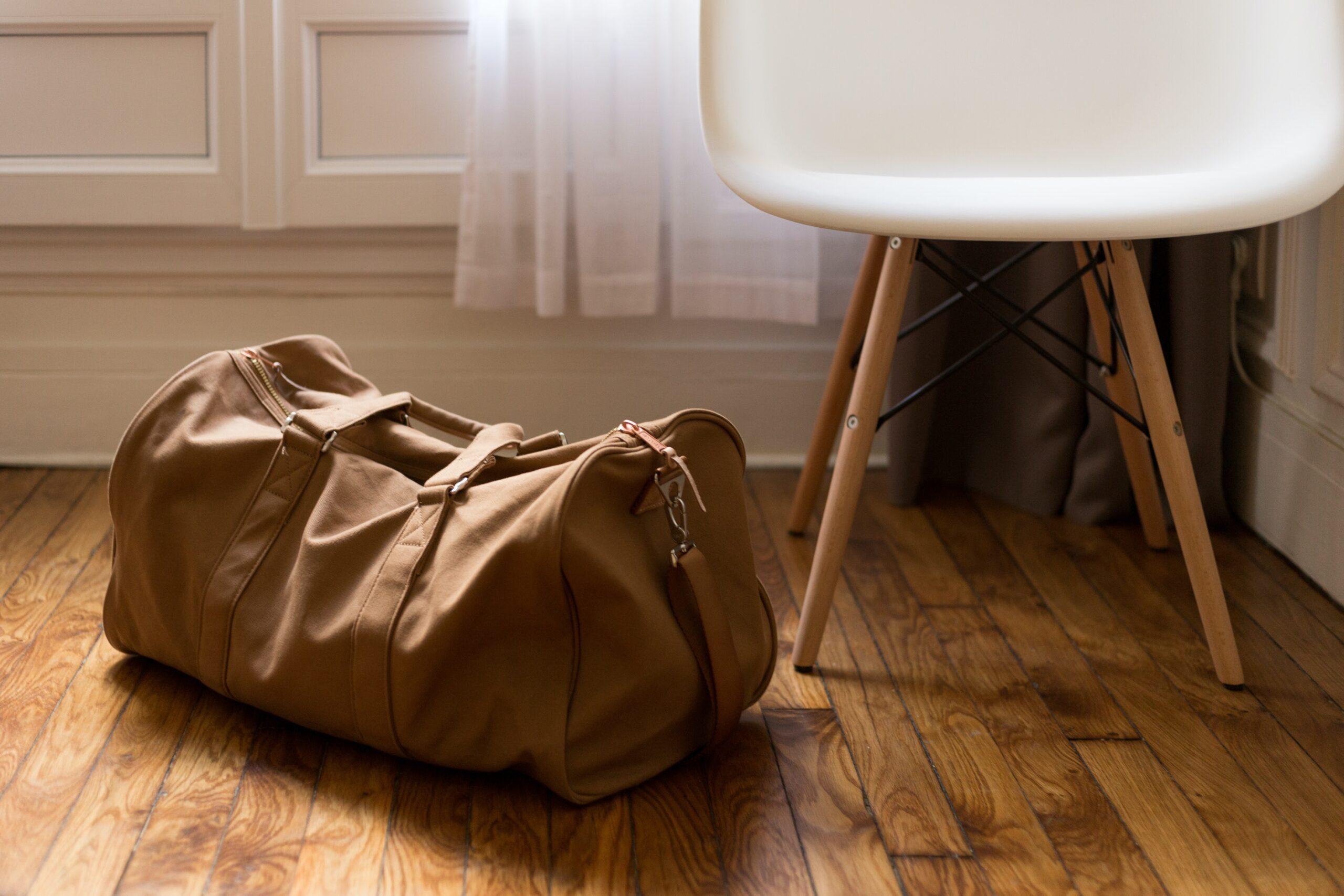Your son is ready for sleepaway camp. He’s independent, makes friends easily and loves sports. Yes, he’s ready for camp in every way— except one. He still wets the bed occasionally.
What’s a parent to do? You’ve undoubtedly tried all the different steps to make this problem go away: limiting evening beverages, utilizing those nighttime alarms and “potty pagers.” It’s frustrating enough to miss out on sleepovers. And now camp. Is there anything you can do?
According to the National Kidney Foundation, nighttime bedwetting, also called nocturnal enuresis, affects five to seven million American children age 6 and over and occurs three times more often in boys. It remains one of the most stigmatized childhood conditions.
While bedwetting in a sleepaway camp setting certainly has the potential to be embarrassing, these statistics indicate it is a more common situation than most parents realize. Sleepaway camps are experienced at dealing with this condition and will implement special accommodations to avoid making your child feel uncomfortable.
Stacey Landman, owner/director of Camp Kennybrook in Monticello, NY, says kids in this situation can definitely succeed at camp, but it is imperative that parents be upfront with the camp. “Occasional bedwetting is not a reason to miss out on a great summer,” says Landman. But she stresses the importance of the parents and camp directors working together before the summer to devise a game plan. “We like to know ahead of time, so that group leaders and counselors can be apprised of the situation— which we do treat as confidential.” If staff members are armed and aware, they can be proactive in helping. Knowing in advance also allows the camp to assign your child to staff members who may be more sympathetic to the problem and will be adept at handling the situation.
The group leader will find some quiet time to speak with your child in private, to let him know counselors are aware of the condition and to set your child at ease. The child and counselor can work out a “secret” signal for the morning to let the counselor know if bedwetting has occurred. Then, after the kids have gone off to breakfast or their morning activity, a counselor or other staff member can remain behind to discretely change the bedding.
Counselors will often place children who wet the bed closer to the bathroom, and will wake them late at night for an extra bathroom trip. As a parent, you should provide helpful instructions to the camp, such as limiting caffeine and fluid intake after dinner. Also make sure to supply the camp with rubber sheets, as well as extra bedding, pajamas and undergarments.
Then, if you haven’t done so already, talk to your pediatrician— the sooner, the better. Unfortunately, only about a third of the families of children with this troubling problem seek help from a physician.
There are some exciting new treatments out on the horizon. Of particular interest is a medication administered just prior to bedtime called DDAVP, (or Desmopressin acetate.) DDAVP, which comes in either a nasal spray or tablet, is a man-made copy of a normal body chemical that controls urine production. Though not a viable long-term option, (it only works for as long as the child is actually on the medication), short-term use can be quite effective for keeping children dry for important events such as sleepovers, vacations and, of course, sleepaway camp. Results typically appear within the first week— often the very first night. About 70 percent of children started on DDAVP will become completely dry.
Finally, take the time to mentally prepare your child before camp. Dr. Lawrence J. Galinkin of Central Long Island Pediatrics in Old Bethpage, NY, states, “Children need to understand that their condition is a temporary one and that they are not alone.” Galinkin continues, “It’s most important to bolster your child’s self esteem and reinforce that the condition is not his fault and that he will outgrow it.”
Perhaps knowing that there are other kids at camp in the same situation will alleviate some of the anxiety your child may be feeling. Make sure he or she knows that— when dealt with discretely— bedwetting is not a big deal and that the group leader is always available to talk. Dr. Galinkin feels that if kids miss out on the camp experience due to this condition, it may further affect their social development and welfare.
So, is this the right time for sleepaway camp? Maybe not. If bedwetting is frequent, it is best to wait an additional year to see if the situation improves. If the situation persists, you may want to consider a camp that caters to children with enuresis and other incontinence issues, such as Camp Kirk in Ontario or Camp Brandon for Boys in New Hampshire.
But don’t ever rule out a sleepaway camp experience for your child. With a little research, you can find a camp that is sensitive to your son’s or daughter’s unique needs and is committed to making camp a happy, successful experience for your child.
Resources for Parents
- National Kidney Foundation: www.kidney.org
- American Urological Association: www.urologyhealth.org
- American Academy of Pediatrics: www.aap.org
- Waking Up Dry: www.wakingupdry.com




